Growing calls for ethics responsibility and sustainability
Where is the Wig Industry at?
Millennials and Generation Zs can be characterized as being considerate about their environmental and social impact and often making socially-awaken purchases. 90% of Generation Zs believe that companies have a responsibility to tackle environmental and social issues, and 52% of Millennials research the relevant background information before making purchases of goods and services. For example, they want to find out if natural ingredients were used instead of toxic chemicals, any harmful byproducts were generated during the manufacturing process, and they can be recycled. Hair companies are embracing the Millennials and Gen-Zs as their primary consumer group, and the ethical resourcing and environmentally friendly goods are occupying more shelves as companies try to appeal to the new consumer group.
Synthetic vs human hair: the hard truth
Environment: synthetic wigs are made of plastic, which does not decompose naturally. Further, its shorter lifespan compared to human hair products makes it a bad choice for the environment. On the other hand, human hair is biodegradable and easier to wash, color and style, giving them a longer lifespan. For these reasons, human hair is generally considered a more environmentally-friendly option.
Ethics: if you can find ethically resourced human hair, it would definitely make a better ethical choice compared to the synthetic hair that contributes to the fossil fuel industry. Lately, ethically sourced hair extensions are one of the popular searches. On the other hand, some hair manufacturers buy human hair from women in poverty across the globe where the compensation is not always fair but can be abusive, raising ethical concerns. Many hair companies consider Indian temple hair ethically resourced, where the hair is auctioned from the remnant of the Tonsuringceremony in Hindu temples in India. Indian temples generate over 100 millions dollars from the sales of hair, and the temple authorities argue that the proceeds from the auction go to the medical, educational, and other core infrastructure in the local community. However, the individuals who donated the hair in participation of religious events are unaware of where their hair ends up and not compensated, raising some ethical questions.
*Tonsuring is a religious custom where a believer cuts or shaves a part or whole of scalp hair in demonstration of their religious sacrifice or respect.
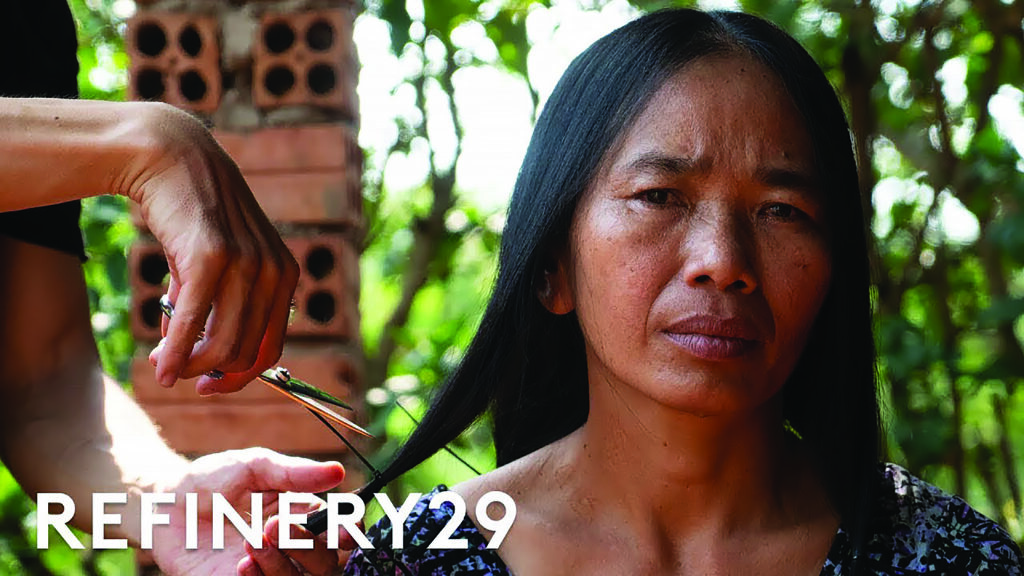
Poor Vietnamese women often sell their hair for little money, ranging from two to three dollars. (In this video, a New York hair company pays $100 in the spirit of a fair trade. This amounts to a monthly living cost for her family.)
출처: Refinery 29 YouTube channel
Hair companies take ethics and sustainability actions to address Millennials and Gen-Zs.
Spectra Hair is a Korean company responsible for EZBraid, a well known brand in the beauty supply industry. It provides affordable and environment-friendly synthetic hair made of plant-based fiber and protein mix. This fiber is biodegradable, non-irritating, and free of toxic chemicals. As opposed to the synthetic hair extensions made of plastic, it will naturally decompose over time. As the ethically resourced human hair is often too expensive to be practical, it is a good alternative for beauty supplies. You can recommend them to customers who look for high quality, sustainable options.
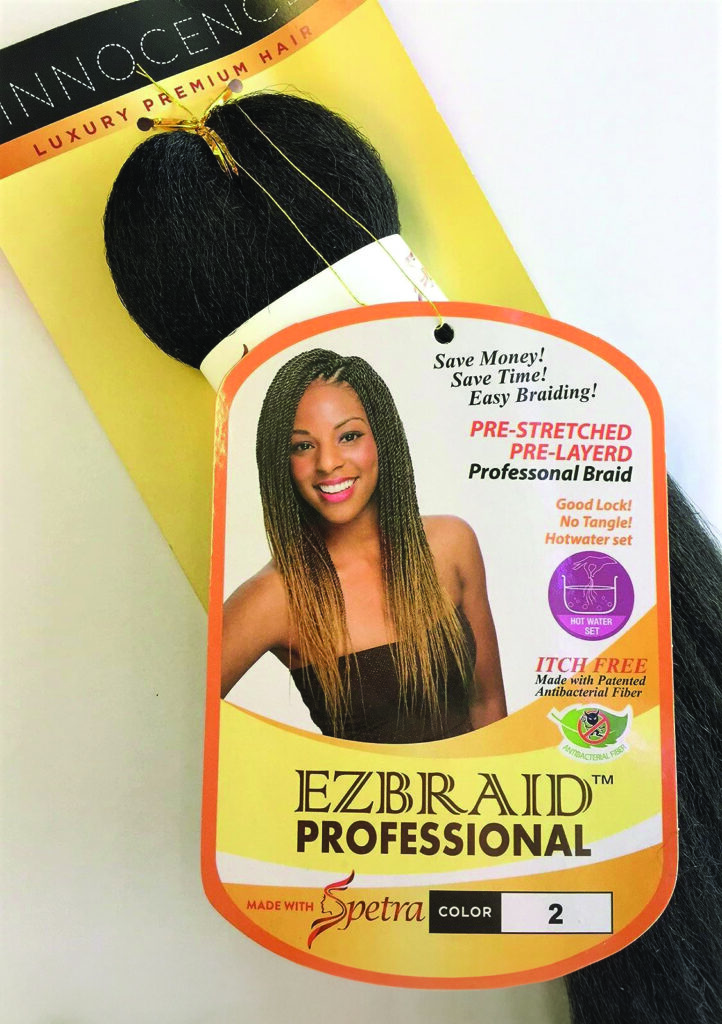
A recyclable EZBRAID product that is free of PVC vinyl that is toxic to the environment.
Luxy Hair‘s top priority is corporate transparency. Along with its environment-friendly effort, it launched the hair recycle program in affiliation with Matter of Trust. You can donate used-up human hair extensions, and the donated hair will be converted to absorbent mats used in oil spill accidents. If you participate in the hair recycle program, you will be rewarded with a discount for your next purchase.

Luxy hair emphasizes the following: ethical sourcing, 100% recyclability, no animal test, biodegradable, and sustainable manufacturing. Source: luxyhair.com
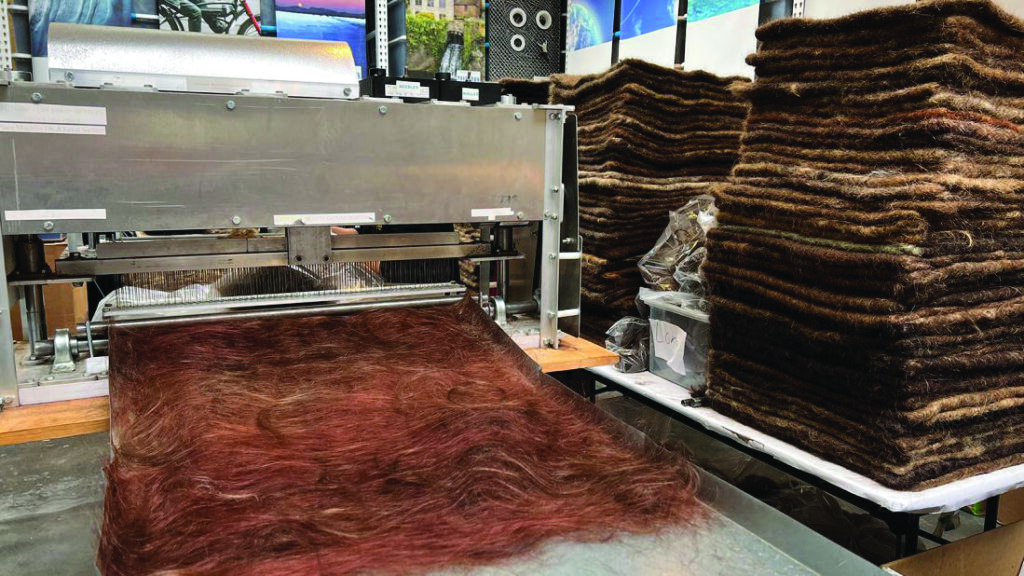
Human hair can be recycled into oil absorbent mats Source:CNN
Woven Hair is proud of its ethical sourcing practice. Its raw human hair is exclusively resourced from Indian temple hair, and profit from its clip-ins and hair extensions goes to various charitable programs supporting cancer patients and people suffering from hair loss. Also, the company uses recyclable, environment-friendly packaging materials.
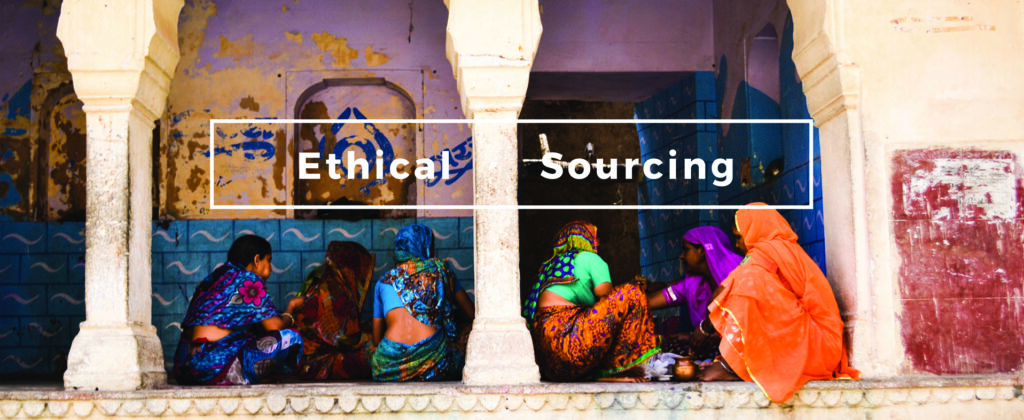
Woven Hair’s official website accentuates its ethical sourcing practice. Source:wovenhair.com
Great Lengths, a hair extension company, resources all hair from the Hindu temples and is the first hair extension company that received B Corp certification. B Corp certification is a designation granted based on the overall business management and social and environmental achievement. The standards and performance requirements are rigorous, not to mention that it should be renewed every three years. It is a highly recognized honor even for many innovative global companies. Last year, B Corp Beauty Coalition was founded with 31 global beauty companies including Dr. Bronner’s. Many Hollywood celebrities, namely Jennifer Lopez, Tyra Banks, Paris Hilton, and Beyoncé, are the regular customers of Great Lengths.
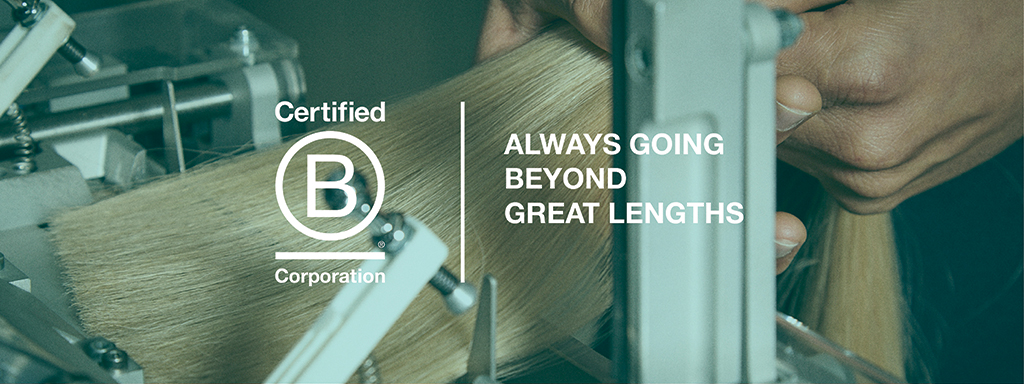
Great Lengths received its B Corp certification Source:bcorporation.net